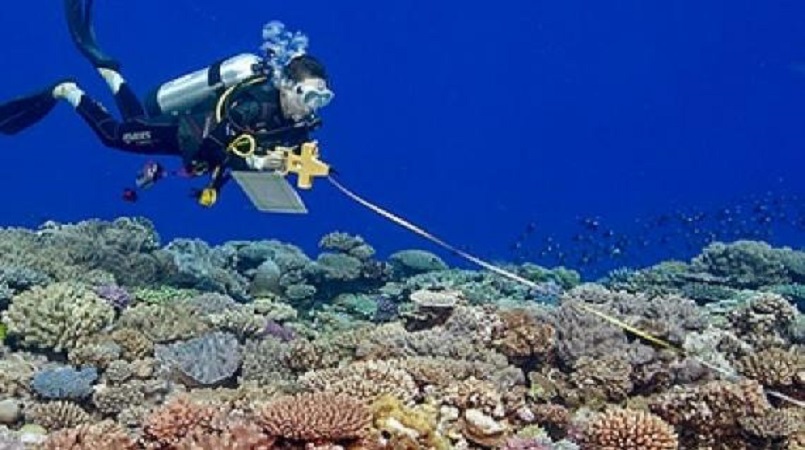
The establishment of ‘No-fishing areas’ in Tonga has shown positive results in the recovery of coral reef ecosystems.
The results have been confirmed by the Special Management Area Report 2020 that was compiled by Ministry of Fisheries in partnership with Australia’s James Cook University.
The research was conducted over four years.
The report looked at the effectiveness of Special Management Areas (SMAs) programmes managed by communities, which aims to revive the health and status of coastal fisheries resources in Tonga.
Reefs were surveyed at over 350 sites throughout 49 SMAs across Tongatapu, Ha’apai, and Vava’u, from 2016 to 2019.
In many places, coral reefs had been damaged by cyclones, coral bleaching, pollution and overfishing.
Eight of the oldest Special Management Areas in Tonga were assessed, including no-take Fish Habitat Reserves (FHRs) within each SMA, where no fishing is allowed.
It showed around half of the Fish Habitat Reserves were recovering with an abundance of fish and diversity, while not much improvement was found within the SMAs, where the communities managing them are allowed to fish.
The two best performing FHRs were at ‘Atata and Nomuka where adult food fish and reef fish diversity had recovered.
The poorest performing FHRs were at ‘Eueiki, Ha’afeva, and O’ua showing little evidence of any recovery.
